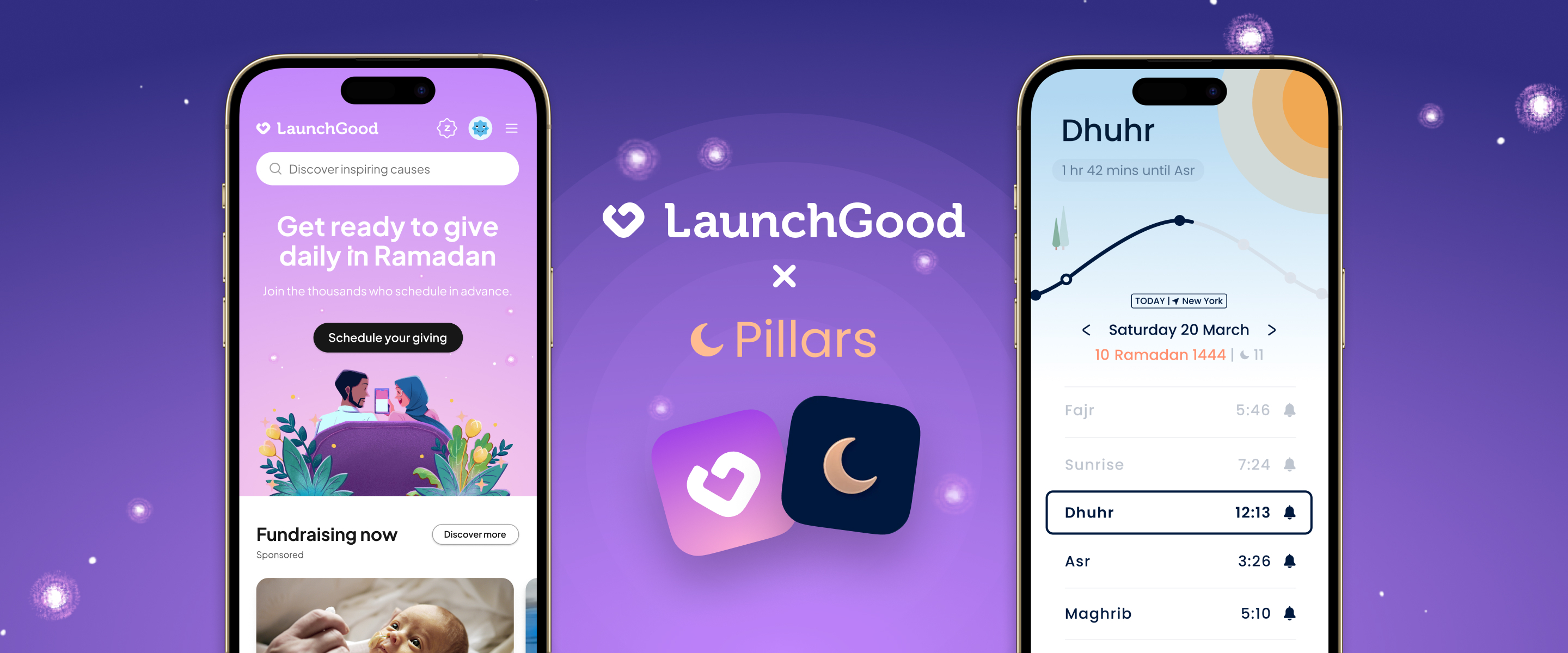Having access to water is a basic human right, yet 2.1 billion people from around the world go without clean drinking water everyday. That’s over a quarter of the world’s population that doesn’t have access to a basic need.
It’s difficult to fathom that there are children and families who are thirsty with no safe source to quench their thirst when we can simply turn on a faucet without a second thought.
How water injustice impacts quality of life
More vulnerable people die from diseases that stem from unclean water and lack of basic sanitation than from war and world violence combined.
Typically, women and girls face the burden of collecting water for their households - travelling an average of 3.7 miles a day on foot to get it.

Positive impacts of clean sanitary water on a child
Access to safe drinking water removes a major stress from people’s lives. It allows children to focus on what they should be doing - playing, learning and growing - rather than carrying the emotional and physical load of helping their families survive.
Sanitation and clean water gives a child a fair chance to grow and flourish developmentally. A child who doesn’t have to worry about survival can live healthy lives and lead their own families as adults. They can also have a livelihood for themselves and support those who depend on them.

Bringing it into perspective
On average, a family from a developed country unknowingly wastes 30 gallons of water per day. In one year, small water leaks can amount to filling an entire backyard swimming pool! Now that’s a lot of water to be wasted.
Imagine the many ways that water could have saved someone’s life who didn’t have it. Although we cannot give this water away, we could start living our lives more consciously to conserve water usage and bring more blessings into our lives. Having access to clean running water in multiple taps throughout our homes is a luxury for someone who would have to walk miles for it. Waking up to grab a quick sip of water from the kitchen sink is a huge blessing which can easily be overlooked.
What can we do?
By making small changes in your home, you can use water more mindfully.
Here are some easy tips to conserve water:
- Fix all your leaky faucets and outlets
- Turn off the faucet while brushing your teeth
- Your lawn may be overwatered, try watering it 3 times per week instead everyday
- Do you really need to turn the faucet on full while washing hands?
- Collect your rainwater to water your indoor plants
- Replace old toilets with water efficient ones to save over 16,000 gallons of water and nearly $2,000 on average!
- Replace old shower heads with water efficient ones to save 3 gallons per minute
- Take shorter showers and save an additional 2-3 gallons of water
When you save water, you are also saving money. What can you do with the money you’re saving? Spend it in a good cause!
Support unique water campaigns which are providing clean and safe water for those less fortunate. This will not only facilitate water accessibility for communities abroad, but it could also save the lives.

You can help turn Pakistan flood water into filtered safe drinking water for those suffering from the impacts of the disaster.
As global citizens, there are many ways we can make an impact. Let’s do our part to help eradicate water injustice across the planet. We got this!
.




